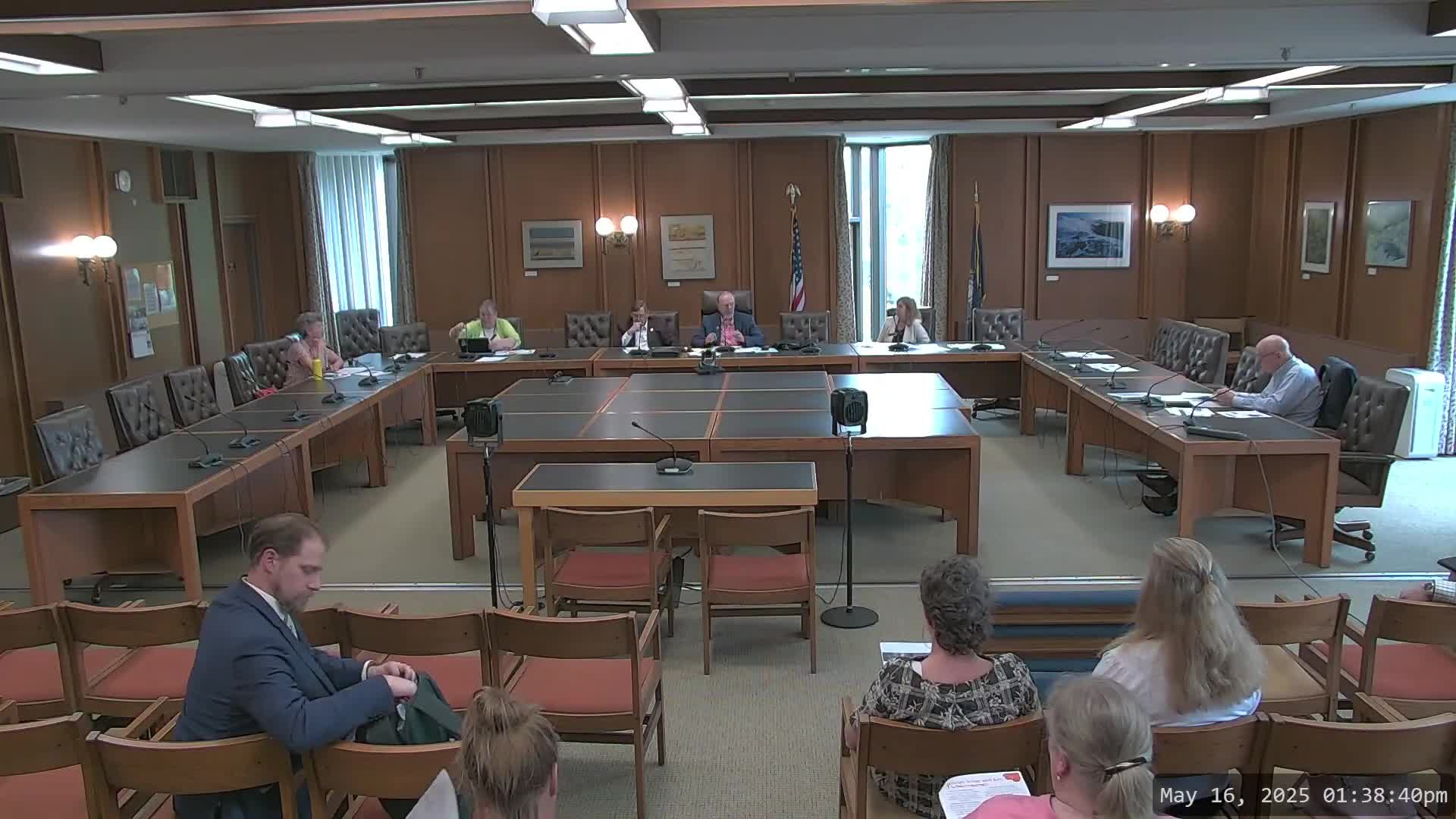Article not found
This article is no longer available. But don't worry—we've gathered other articles that discuss the same topic.
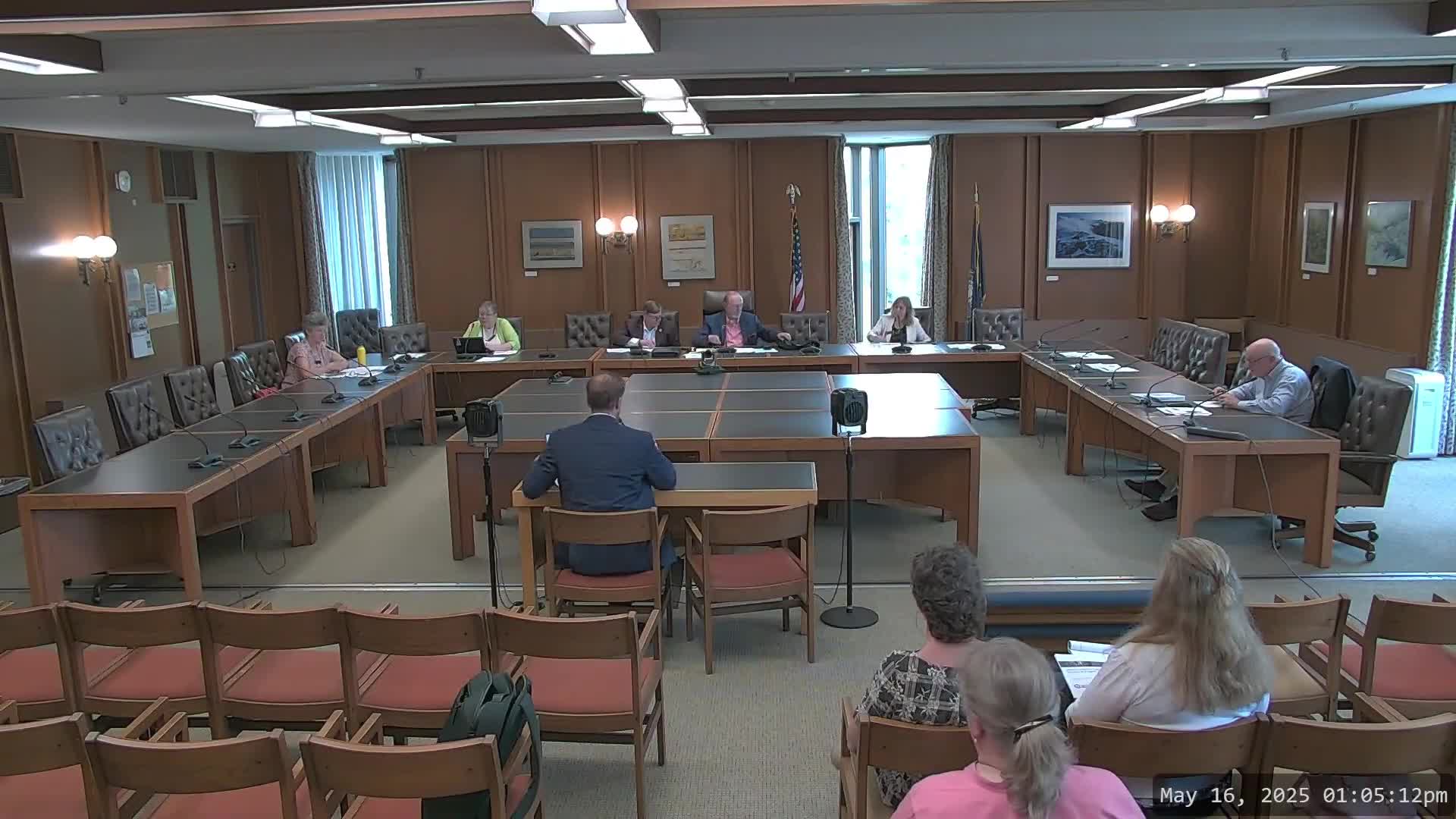
DHHS chief outlines $60 million lapse, hiring freeze and personnel cuts ahead of next biennium
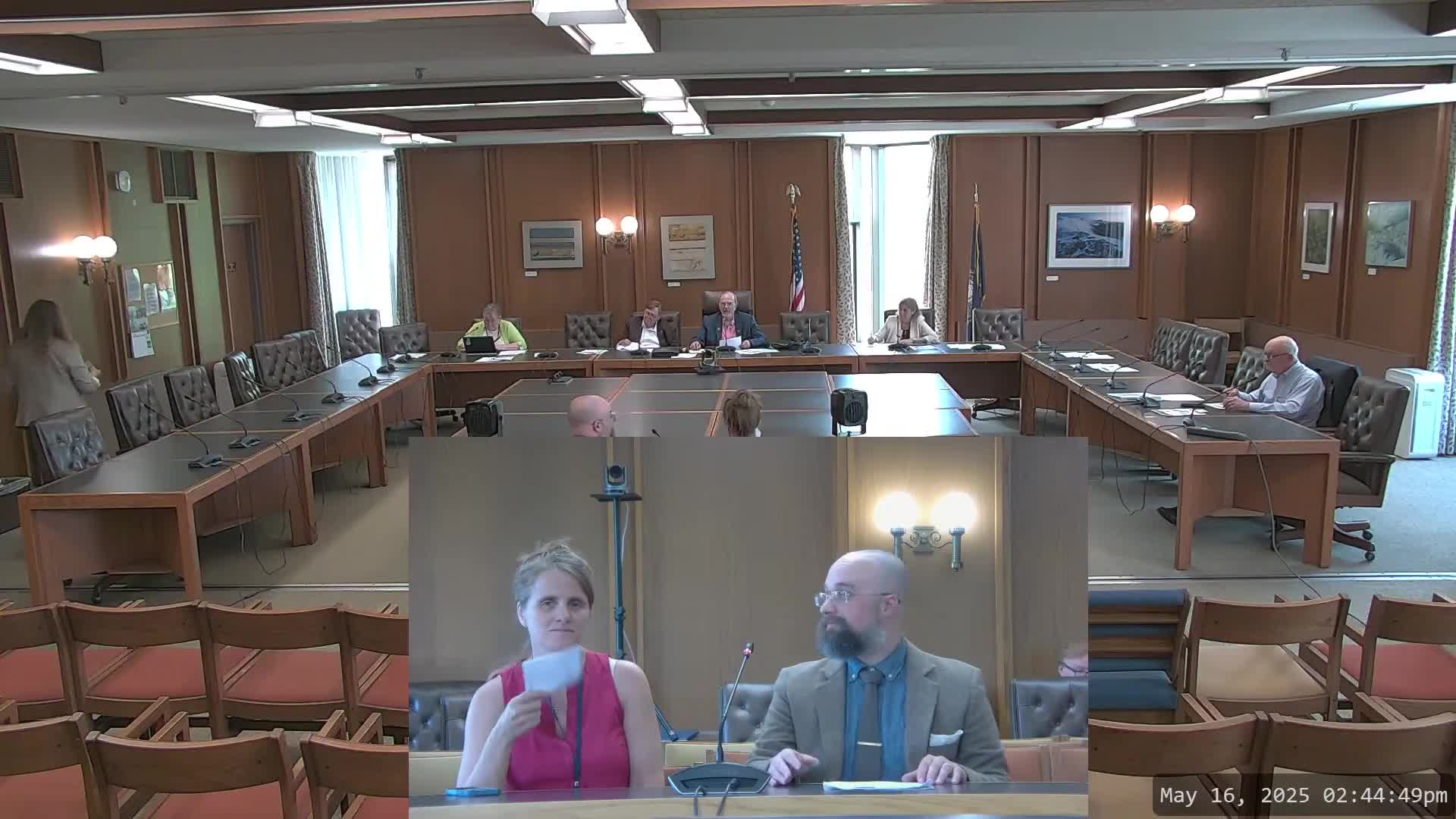
Prescription monitoring office: stimulant prescriptions up among adults; opioid prescriptions steady after declines
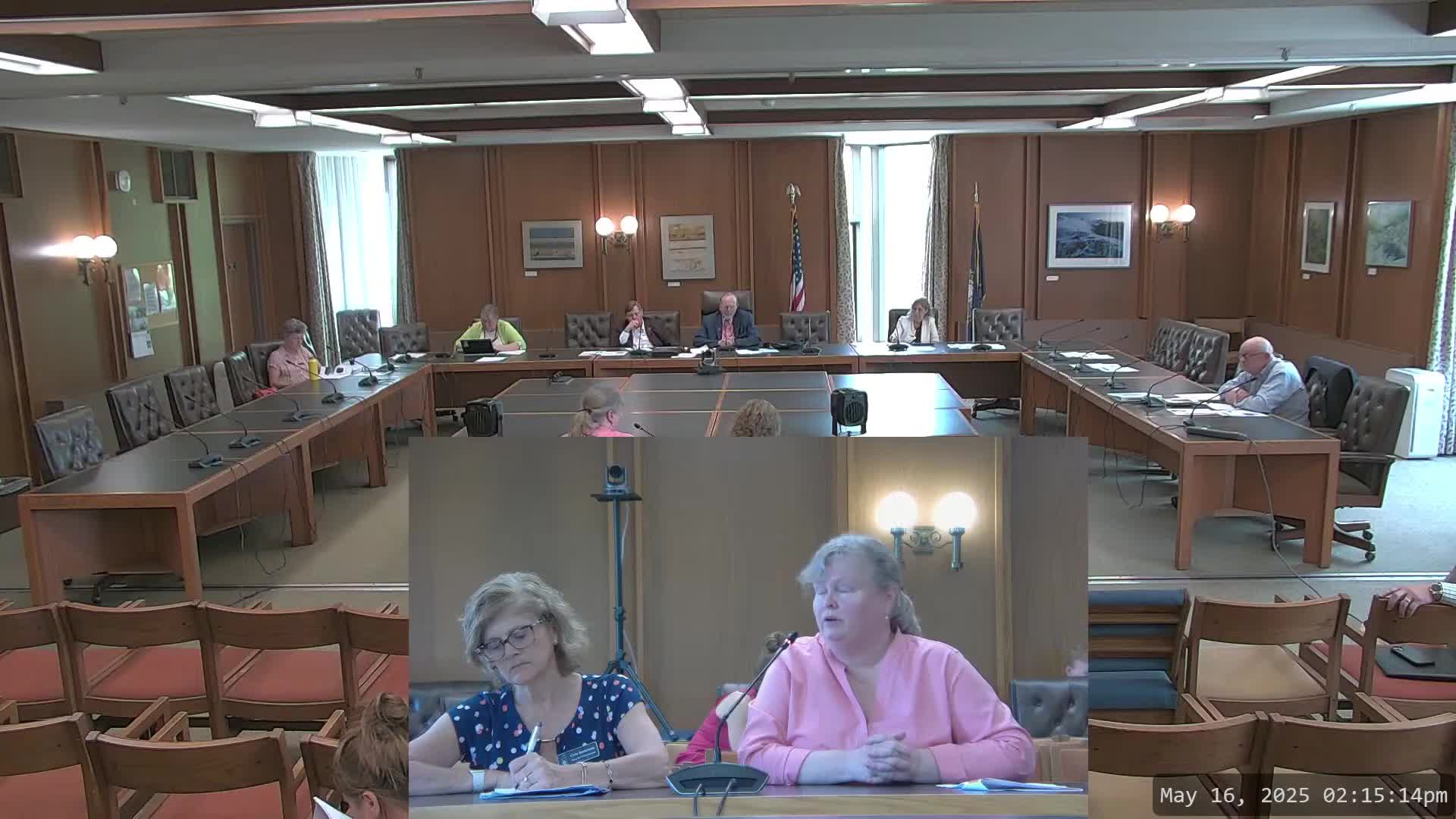
Suicide Prevention Council presents 2023 findings: rates above national average, rural patterns and rising help‑line use
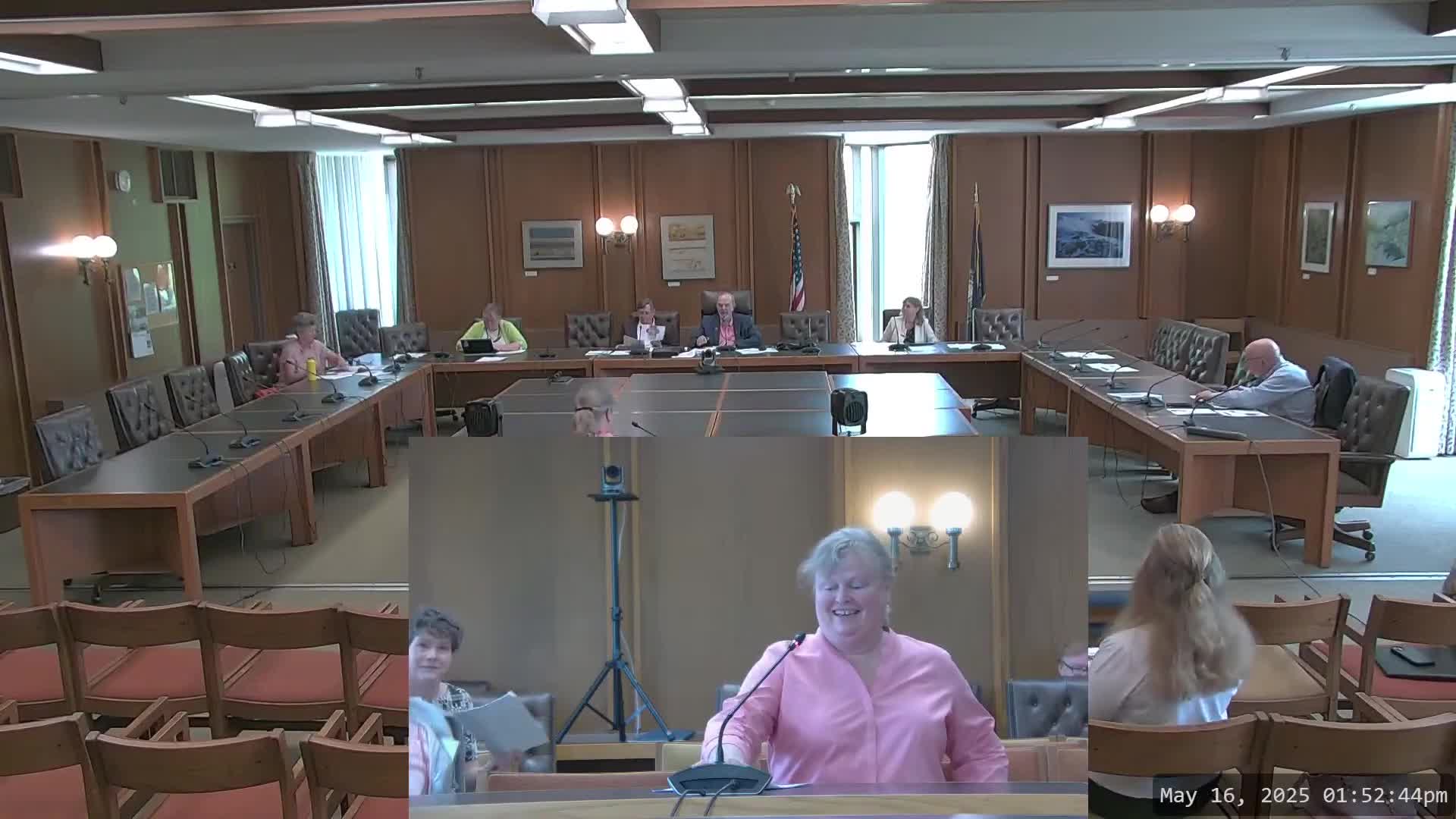
Child Care Advisory Council warns of workforce shortages, soaring liability costs and lead‑remediation risk
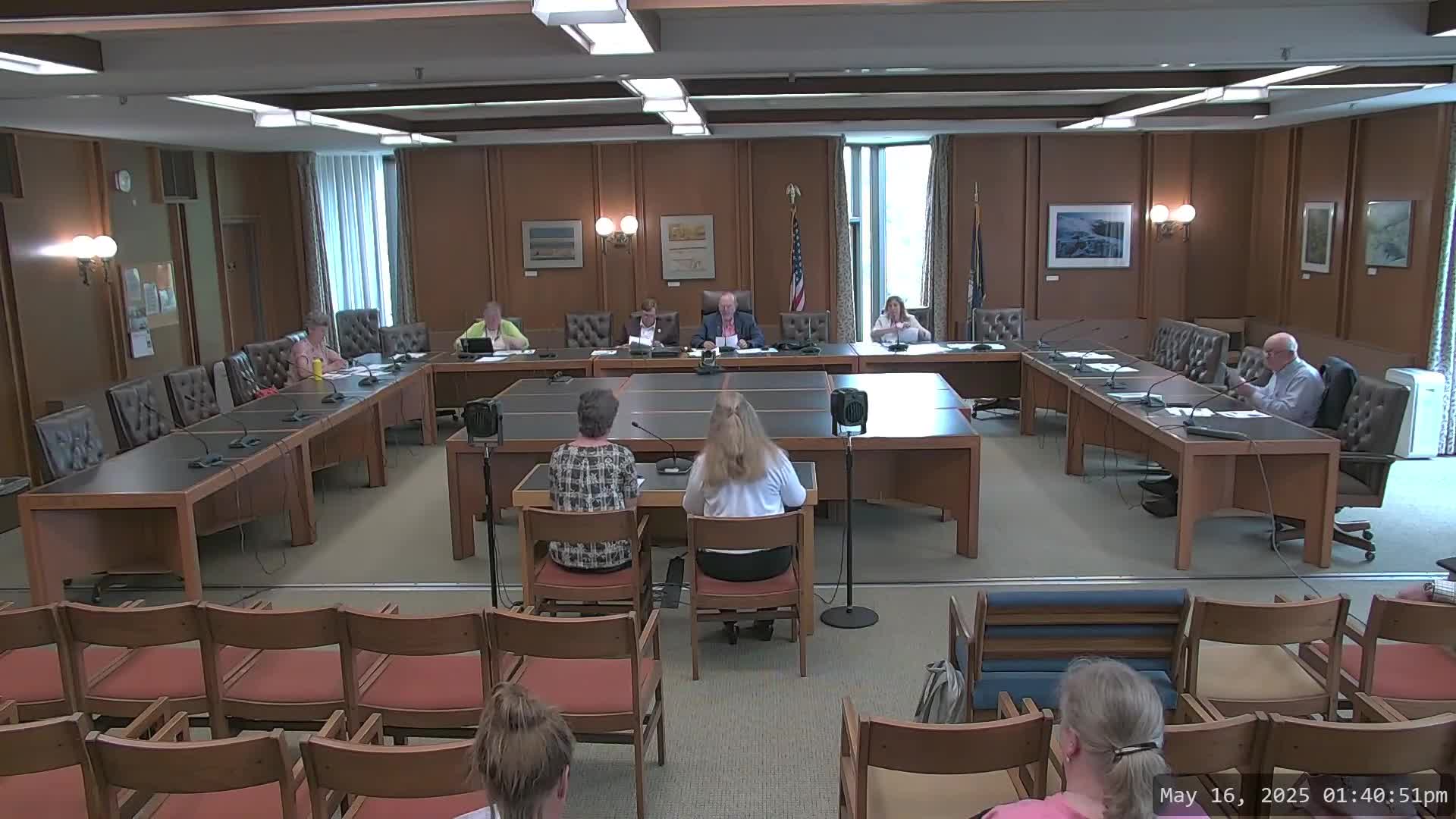
DHHS internal audit office outlines functions, small staff and progress closing LBA findings
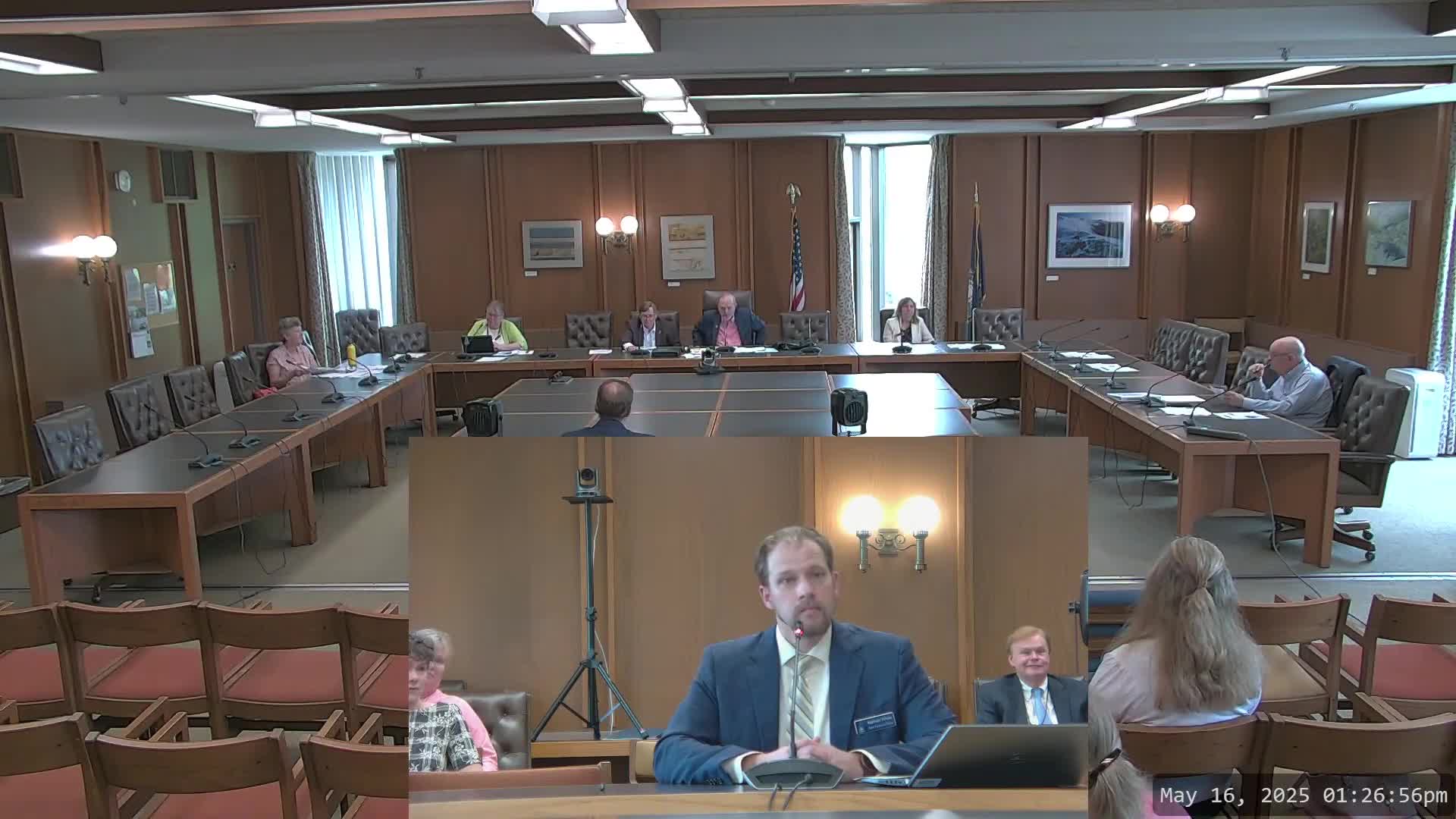
DHHS officials say sudden $80 million federal cut forced community contract terminations, shifted staff and slowed IT projects
